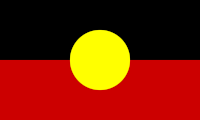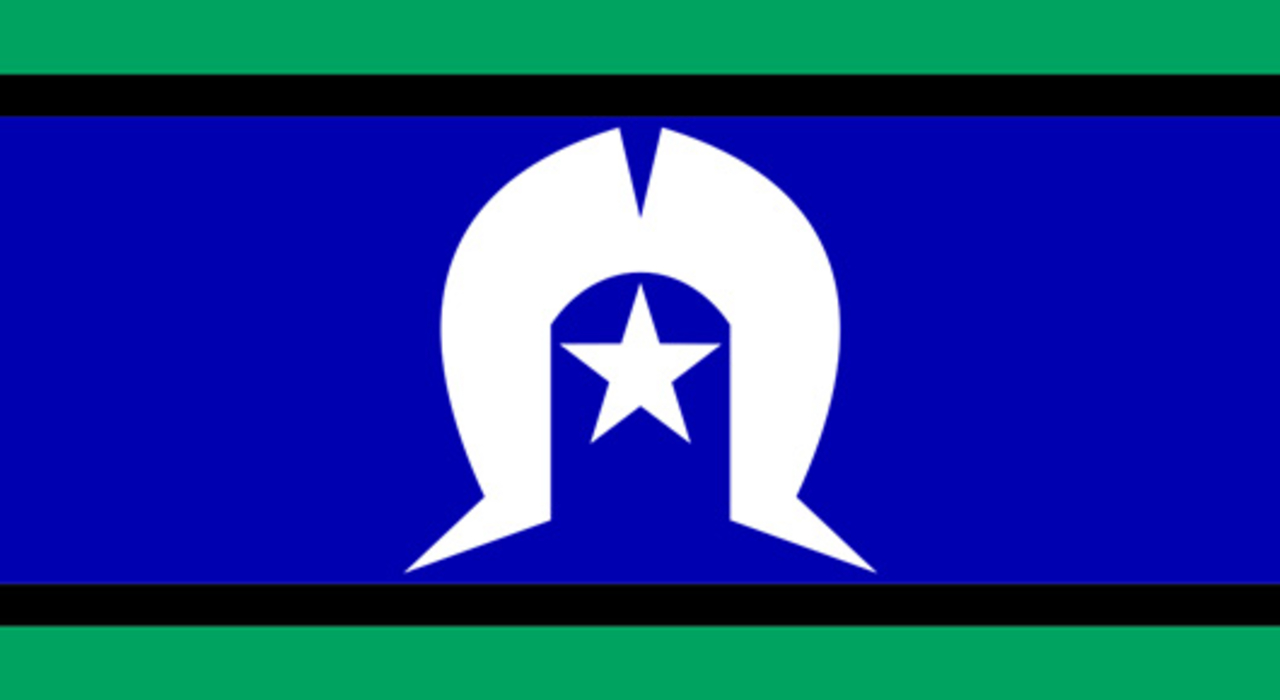The Victorian government has appointed Victim Survivors’ Advisory Council (VSAC) members for 2022-23. VSAC was established following the Royal Commission into Family Violence to bring the voices of those with lived experience of family violence into the centre of the reforms.
Now chaired by Kym Valentine, VSAC will continue to contribute to Victoria’s family violence reforms, including the design and implementation of The Orange Door Network and the development of a lived experience strategy.
(Source: Premier’s Media release, 6.10.22)
The National Plan to End Violence Against Women and Children is an important policy that sets the priorities for continued action and investment to address gender-based violence. It represents a shared commitment across all levels of government to issues such as prevention, early intervention, responses to victim-survivors and perpetrators, as well as recovery and healing.
Safe and Equal have stated that the new National Plan clearly articulates the essential leadership role that specialist family violence services play in working with victim survivors and perpetrators, as well as building a robust evidence-base and informing policy development and system design.
(Source: Safe and Equal Member Bulletin, 20.10.22)
Safe and Equal has launched its Victorian Election Platform in the lead up to the Victorian 2022 State Election. On behalf of the family violence sector, they are encouraging stakeholders to speak to their local candidates about family violence response and prevention.
The Election Platform has five key priorities:
- Securing a sustainable footing for the specialist family violence sector
- Growing, developing, and retaining specialist workforces
- Eliminating the impossible ‘choice’ between violence and homelessness
- Addressing gaps and barriers in the expanding family violence system
- Investing meaningfully into primary prevention.
Check out the Safe and Equal advocacy toolkit for ways to advocate for these commitments before 26 November.
(Source: Safe and Equal Member Bulletin, 15.9.22)
Practitioners can now attend Identification of Family Violence against Older People (Elder Abuse) – victim survivor focused eLearn training.
The course discusses family violence against older people (elder abuse). The modules have been developed to assist practitioners understand and use the Family Violence Multi-Agency Risk Assessment and Management (MARAM) Framework and Information Schemes in their everyday work with older people.
To access this course:
· Go to https://training.infosharing.vic.gov.au
· Sign up for an account (if you do not have one)
· Select ‘Families Fairness and Housing Workforces’ (DFFH)
· Select ‘eLearn: MARAM Identification of family violence against older people (Elder Abuse) – victim survivor focused eLearn’. Select ‘Enroll me’.
(Source, Family Safety Victoria email, 8.9.22)
The Department of Families, Fairness and Housing (DFFH) has issued an update to Recommendation 209, recognising the recruitment challenges that specialist services are facing and acknowledging that not all roles will be able to be filled in precise accordance with the mandatory minimum qualifications policy pathways at this early stage of implementation.
On 1 July 2021, the Victorian Government introduced the new Mandatory Minimum Qualification policy for workers who enter the family violence sector as specialist family violence practitioners.
Read the updated DFFH document here.
(Source, Safe & Equal Member Bulletin, 15.9.22)
The Lighthouse Project is an innovative approach taken by the Federal Circuit and Family Court to screen for risk, with a primary focus on improving outcomes for families involved in the family law system. The Lighthouse Project was first piloted in the Adelaide, Brisbane and Parramatta.
Planning is underway to expand the model to other registries across Australia. The Lighthouse Project will play a central role in the Court’s response to cases which may involve family violence, by shaping the allocation of resources and urgency given to such cases.
(Source: Family Law Pathways Network, eNews, 12/9/22)
The Orange Door North East Melbourne Area (TOD NEMA) has officially opened its Epping Access Point. TOD Epping is hosted by one their partners, DPV Health and is co-located with DPV’s mental health counselling services.
The TOD Epping access point can be found on level one of the Quest apartment building at Pacific Epping (Epping Plaza), Level 1, corner Miller & Cooper Streets.
Telephone: 1800 319 355, email: NEMA@orangedoor.vic.gov.au.
Open: 9am – 5pm, Monday – Friday (closed public holidays).
(Source: The Orange Door email, 17.8.22)
The Family Violence and Disability Practice Leader at Berry Street has been employed as part of the Family Violence and Disability Practice Leader Initiative, a two-year pilot program in partnership with Safe and Equal, Women With Disabilities Victoria, and Sexual Assault Services Vic, and funded by Family Safety Victoria.
As well as the initiative operating in the North East Metro Area (NEMA), there are currently two other practice leaders working in Barwon and Gippsland DFFH regions as part of the pilot.
The aim of the initiative is to strengthen access to specialist family violence and sexual assault support for people with disabilities at risk of family violence and ensure that support is inclusive of, and tailored to, the needs of people with disabilities. This is achieved through the provision of secondary consultations, distribution of information regarding relevant training opportunities, advocacy services and emerging best practice and providing support and advice to organisations to develop tailored Disability Action Plans to enhance access to specialist family violence and sexual assault services.
The Family Violence and Disability Practice Leader also provides support to local disability advocacy organisations to increase knowledge and access to specialist family violence and sexual assault services.
The following services in NEMA can request a secondary consultation:
- Specialist Family Violence Programs
- Sexual Assault Services
- Family Violence Counselling Services
- Disability Advocacy Services
- Disability Services.
To request a secondary consultation or to progress work on your organisation’s Disability Action Plan, contact the FV & Disability Practice Leader, Kerry Ladiges directly on 0437 135 546 or kladiges@berrystreet.org.au.
(Source: Family Violence and Disability Practice Leader Initiative Bulletin, July 2022)
Affected Family Members (AFMs) now have the option to attend Magistrates’ Court hearings without going to a court building. The Remote Hearing Support Service (RHSS) provides additional support to help AFMs participate safely in the court process.
AFMs can now participate from any location, including an alternative venue provided by the RHSS. Workers already involved with the AFM can liaise with the RHHS to ensure the AFM gets the support they need during their hearing.
Referrals can be made through the local court Registry by asking for the RHSS. AFMs can let the court know if they do not want to attend the court building for their hearing.
Find the contact details of local courts.
(Source: Hume Family Violence Network and RHHS flyer, 10.8.22)
LGBTIQ+ people are more than twice as likely to experience homelessness as the rest of the population due to a myriad of factors including family rejection and violence, and discrimination.
The Victorian State Government has funded a new Pride in Place consortium, which will be co-led by VincentCare Victoria and Drummond Street Services, in partnership with Uniting and Family Access Network.
The program will include a team of 12 specialist staff working across homelessness services and LGBTIQ+ support services. The specialist staff include initial assessment and planning workers, case workers and people from the LGBTIQ+ community with a lived experience of homelessness. This team will assist LGBTIQ+ people to navigate the specialist homelessness and housing system and connect them to other supports.
(Source: Premiers Media Release, 19.8.22)

